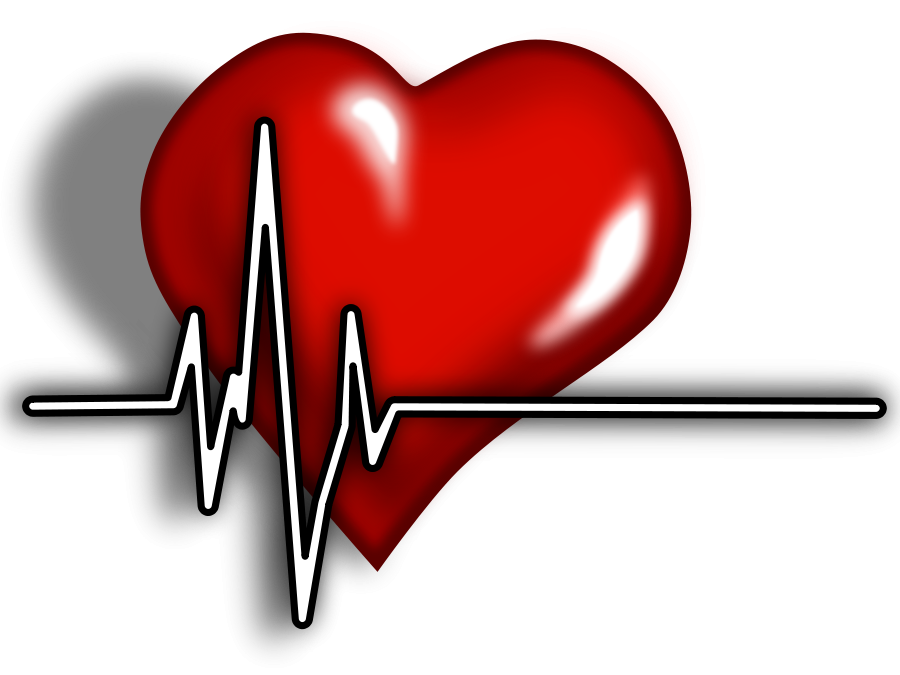


Please confirm when you request an appointment.Rhythm is in almost everything, and Student IGF finalist Rhythm Doctor has found it in the heart. Not all services may be available at all locations. You may be referred by your primary doctor, or you may make an appointment without a referral. Read more about research in the Cardiovascular Research Center. They conduct clinical research to discover new treatments and improve the care of people with heart rhythm disorders. The experienced doctors in the Heart Rhythm Clinic bring the perspective of clinical researchers. For example, AI-guided ECGs are detecting atrial fibrillation before any symptoms are evident.

The clinic's AI cardiovascular team is applying these new techniques to early risk prediction and diagnosis of serious and complex heart rhythm problems. Mayo Clinic is a leader in the movement to bring artificial intelligence (AI) cardiology tools and technology into clinical practice to benefit people with heart rhythm disorders and those who are at increased risk of them. State-of-the-art implementation of artificial intelligence If you had a pacemaker implanted, staff will educate you about your pacemaker and modify your pacemaker functions to meet your individual needs.ĭoctors trained in pediatric cardiology (pediatric cardiologists) treat children with heart rhythm disorders at Mayo Clinic's campus in Minnesota. Staff will follow up with you after your treatment. Doctors trained in heart rhythm disorders may evaluate you and determine whether you should be treated in the Electrophysiology Laboratory or if other therapies are more appropriate for your condition. These diagnostic tools allow doctors to make prompt and accurate diagnoses and to develop personalized treatment plans for you. The experienced staff uses advanced imaging and mapping techniques. Congenital heart conditions such as Long QT syndrome, Brugada syndrome, catecholaminergic polymorphic ventricular tachycardia (CPVT), hypertrophic cardiomyopathy and right ventricular dysplasia.Staff in the Heart Rhythm Clinic has expertise and experience in evaluating and treating many heart rhythm disorders, including: If you have heart rhythm disorders (arrhythmias), doctors may assess whether medical (drug) therapy, cardiac ablation, a pacemaker, ICD or other advanced treatment options may be appropriate treatments for your condition. If you have heart disease, doctors may assess your risk of sudden cardiac death and determine whether you're a candidate for an ICD. If you have heart failure, doctors may evaluate you and determine whether you're a candidate for a biventricular pacemaker. If you have experienced syncope, doctors may assess the severity of your condition and conduct further tests to determine if medications or placement of a pacemaker or implantable cardioverter-defibrillator (ICD) would be beneficial for you. Doctors evaluate you to determine which treatment may be most appropriate to treat your symptoms.Ĭommon disorders evaluated in the Heart Rhythm Clinic include:

Doctors specializing in heart disease (cardiologists) who are trained in evaluating and treating heart rhythm problems and their complications work together as a multidisciplinary team to provide you with comprehensive care. The Heart Rhythm Clinic takes a patient-centered, team approach.


 0 kommentar(er)
0 kommentar(er)
